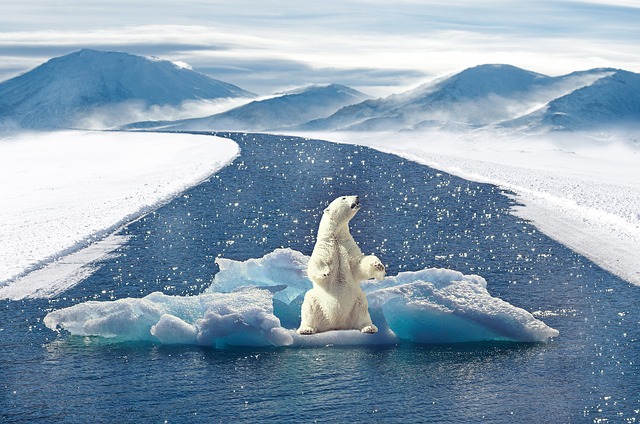For me, the word ‘student’ is synonymous with stress. It seems we are always running around doing one thing or another, whether that be scrambling to finish school work, make our extra-curriculars, or chasing that elusive thing called a “social life”. So, I imagine my telling you to add yet another thing to that never-ending list is not going to go down terribly well. But I’m going to do it anyway, because unlike your calculus homework and badminton practice, if we forget to cross this particular bullet point off our to-do lists we will, quite literally, be letting the entire planet down.
How we treat the world today will determine the future we find tomorrow. As students it’s easy to live inside our own bubbles of existential crises and report cards, so much so that we can forget there’s a world beyond us. We get up in the morning and everything works: the rubbish has been collected, the streets are clean, schools are funded, representatives have been elected – society seems to run without our intervention or contribution. It seems the “adults”, or the professionals if you will, have everything figured out, and so it’s easy to think we’re not needed. Herein lies the problem. We hear about issues like poverty, natural disasters and climate change, and we don’t stop to think about what we should do to change them because we think someone else has already come up with a solution. But I’m going to let you in on a little secret – they haven’t.
Climate change is something that (I hope) you’ve all heard about. You’ve probably had several lectures on it at some point in your life. It’s that abstract thing that’s melting our polar ice caps, acidifying our oceans and causing freak weather events all over the world. But that’s the funny thing about it. It’s something so massive, so consequential we don’t even know where to begin. Some of us decide, well I’m not a polar bear so why should I care? Others refuse to believe the science (let me tell you, it’s there), and some simply don’t know where to start: they think the issue is so important that they would rather leave it to the politicians and the government to deal with. Well, I’m here to implore you to stop doing that. We, like everyone else, are citizens of the earth, and with that title comes a great deal of responsibility. We share a role in the predicament we now face, and every pocket of society needs to come together in order to conquer it.
So now for the ever-important question: what can I do? Let me answer that with another question, or several. Do you think climate change is going to be solved by some sort of government policy being passed? Do you think taxation is the answer? What about subsidizing green energies? Don’t get me wrong, all of these have a part to play, but they are not the sole solution. I for one am a strong believer in small changes. There’s a beautiful quote by the brilliant J.R.R. Tolkien on this: “Little by little one travels far.” It is not going to be nuclear energy alone that makes us stop using coal, nor is it going to be raising oil prices. The only way we will get anywhere is by individual people doing small things in their everyday lives. You might think turning off your lights, eating less beef, and biking to school every day is insignificant, but it isn’t. Think of the impact we might have if a million of us did that. What about a billion? In the beginning you might be one of a few, but in time others will follow your example. They might ask you why you don’t choose the burger from the canteen, or why you don’t have a car. And it is these small, insignificant conversations that will be the spark of inspiration we need – the spark that will set off the movement towards sustainability.
So never tell yourself that you can’t make a difference. Never think that as a student you won’t have enough impact. Because you can and you will.


Sophie Z. is an undergraduate studying Environmental Chemistry at the University of Edinburgh and a Chemistry tutor. She is hoping to do her postgraduate work in Marine Chemistry.




